You ever catch yourself overthinking every little reaction, like “Was that the right way to handle that convo?” or “Am I really growing, or just pretending?” What started as healthy self-awareness can quietly slide into something heavier a constant watch on yourself that feels like you’re your own judge and jury. It’s like your brain’s turned into a surveillance camera, always recording, analyzing, and criticizing. If this sounds like your inner monologue lately, especially if you’re in your 20s or 30s navigating life’s emotional rollercoaster, you’re not alone.

Gonna break down how self-awareness can turn into self-surveillance, why it happens, the toll it takes on your mental health, and gentle ways to shift back to a kinder way of knowing yourself. We’ll explore the roots of this slip, real stories from folks who’ve been there, and practical tips to make self-reflection feel supportive, not suffocating. For more on handling that constant inner chatter, check out our post on The Quiet Burnout of Constant Emotional Processing it’s got some great insights on giving your brain a break. And Psychology Today has a solid piece on why too much monitoring can backfire. Oh, and we’ve got a quick self-assessment quiz coming up to help you see if your self-awareness is tipping into surveillance take it to get a clearer picture. Ready to ease up on that inner critic?
Ultimate Mental Wellness Test: Discover Emotional Health Just in 3 Min
Ever wonder where you stand with your mental health? That’s where our quick question Mini Mental Health Check comes in. It’s like a quick peek into your brain, giving you insights into your anxiety, burnout, and self-esteem levels.
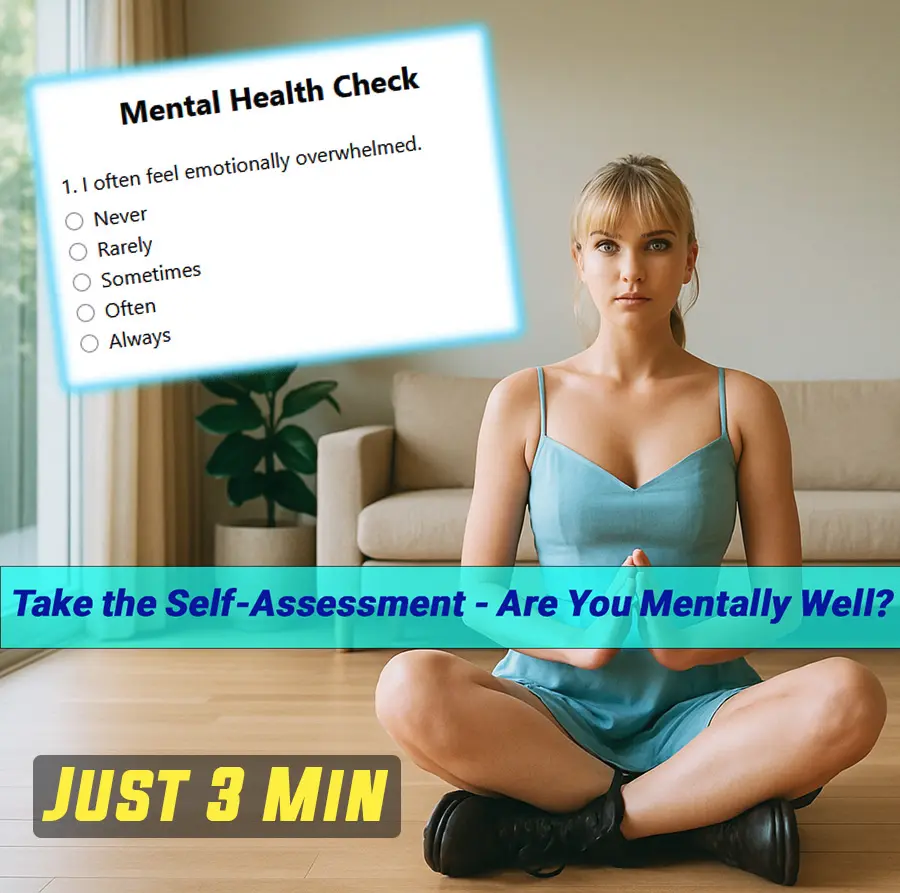
What Is Self-Surveillance, and How Does It Sneak In?
Self-awareness is that cool ability to notice your thoughts, feelings, and behaviors like, “Hey, I got snappy when my friend canceled plans; maybe I’m feeling insecure.” It’s helpful, right? It lets you grow and understand yourself better. But when it turns into self-surveillance, it’s like that awareness gets twisted. Suddenly, you’re not just noticing you’re monitoring, judging, and fixing every little thing. It’s like having an internal cop always on duty, watching for “flaws” or “slips.”
This slip often happens slowly. Maybe you start therapy or read a self-help book, and it’s awesome at first. You feel empowered, like you’re finally figuring stuff out. But then it becomes obsessive. Every emotion gets dissected: “Why did I feel sad about that? Is it from my childhood? Am I regressing?” It’s not reflection anymore it’s policing.
Verywell Mind explains that self-surveillance can stem from perfectionism or fear of vulnerability, where you’re always scanning for “problems” to fix. For me, it started after a bad breakup. I dove into self-awareness to “heal,” but soon I was analyzing every interaction, like “Did I respond too quickly? Does that mean I’m needy?” It wasn’t helping it was making me anxious. 😔

In your 20s or 30s, this can hit harder. Life’s full of pressures career, relationships, figuring out who you are and self-awareness seems like the answer. But when it turns into surveillance, it’s like your brain’s never off duty. You might not even notice the shift until you’re exhausted from the constant monitoring.
The Roots of Self-Surveillance: Where It Comes From
This habit doesn’t pop up outta nowhere. It’s often rooted in early experiences or personality traits that make you extra watchful of yourself. Here’s some common origins:
- Perfectionist Tendencies: If you’re a perfectionist, self-awareness can turn into a quest for “flawless” emotions or behaviors. You start thinking, “I should handle this perfectly,” and any slip feels like failure. I was like this in school always aiming for A’s, and now it’s spilled into my emotional life.
- Fear of Emotional Regression: After some growth, you worry about “backsliding.” So you monitor every feeling, like “Am I feeling sad? Does that mean I’m not healed?” It’s like you’re afraid one “bad” emotion undoes everything.
- Social Media Influence: Scrolling through self-optimization posts can make you think constant analysis is normal. Influencers are always “doing the work,” and you feel like you gotta keep up. But it’s exhausting.
- Trauma Wiring: If you’ve been through trauma, like emotional neglect or abuse, your brain might equate self-monitoring with safety. It’s like, “If I catch my flaws first, nobody can hurt me with them.”
Beware of self-monitoring anxiety
For me, it came from growing up with critical parents. They always pointed out my mistakes, so I learned to beat them to it. Self-awareness was my way to stay “safe,” but it turned into surveillance when I couldn’t stop. In the LGBTQ+ community, this can be even more intense. With pressures like discrimination or family rejection, you might monitor your emotions to “fit in” or avoid judgment, leading to extra exhaustion. A queer friend of mine said they always analyzed their reactions in social settings, worried about “seeming too much.” It wasn’t until they found affirming spaces that they could relax the watch. If you’re part of the community, know that self-surveillance might be a survival tool, but you can soften it with support.

Early family dynamics play a big role too. If your parents were emotionally unavailable, you might’ve learned to self-regulate alone, turning inward but never turning off. Cultural factors can amp it up in societies that value “self-improvement,” like the US, constant monitoring feels like a must. But it’s not it’s a trap.
How Self-Surveillance Develops Over Time
This shift doesn’t happen overnight it’s sneaky. It might start with good intentions, like reading a book on emotional intelligence and wanting to apply it. At first, it’s empowering: “Oh, that’s why I reacted that way!” But then it becomes a habit. You start questioning every emotion, every interaction. “Was that the best response? Am I being mindful enough?”
Perfectionism fuels it. You think growth means no more “bad” feelings, so you watch yourself like a hawk. Social media adds gas to the fire, with posts like “Analyze your triggers daily!” making it feel like if you’re not dissecting everything, you’re not “doing the work.”
Trauma can make it worse. If you’ve been hurt, monitoring yourself feels like control: “If I catch my flaws, I can fix them before anyone sees.” But it’s exhausting. I didn’t even notice I was doing it until a friend said, “You always apologize for your feelings.” That was my wake-up call. 😔

In your 20s or 30s, life changes like new jobs or relationships can amp up the surveillance. You’re figuring out who you are, so you analyze every step. But constant watching turns self-awareness into self-criticism, stealing your peace.
How Self-Surveillance Feels Different Than Healthy Awareness
Self-awareness is like a gentle mirror it shows you what’s there without judgment. You notice, “I’m feeling anxious maybe I need a break.” It’s kind and helpful. Self-surveillance? It’s like a harsh spotlight, always looking for flaws. “Why are you anxious? You should be over this by now!” It’s critical, exhausting, and never satisfied.
Here’s the difference in action:
 Healthy Awareness: You feel sad after a tough day and think, “That’s okay let’s take a walk.”
Healthy Awareness: You feel sad after a tough day and think, “That’s okay let’s take a walk.” Self-Surveillance: You feel sad and think, “Why are you sad? Analyze it! Fix it now!”
Self-Surveillance: You feel sad and think, “Why are you sad? Analyze it! Fix it now!”
The shift happens when awareness turns into obligation. You feel guilty if you’re not “working on yourself” constantly. For me, it felt like I was always on trial, with myself as the judge. No wonder I was stressed!
Signs You May Be Caught in Self-Surveillance
Not sure if your self-awareness has gone rogue? Here are some signs:
- Excessive Journaling as Critique: Your journal’s full of “Why did I do that?” instead of “What did I learn?”
- Fear of Being “Wrong” Emotionally: You worry your feelings are “incorrect” or not “evolved” enough.
- Comparing Growth Speed: You see others “healing faster” on social media and feel behind.
- Hypervigilant About Reactions: You analyze your body language, tone, or expressions after every interaction.
- Exhaustion After Social Stuff: Instead of enjoying time with friends, you’re replaying everything to “improve” next time.
I noticed this when I started avoiding parties because I’d spend the next day dissecting every convo. “Did I laugh too loud? Was I too quiet?” It wasn’t awareness it was obsession. If you’re seeing these signs, it’s time to soften the gaze. 😊
The Nervous System’s Role in Self-Surveillance
Your nervous system’s like a security guard, always scanning for threats. In self-surveillance, it’s on high alert, treating your own emotions as dangers to “fix.” This keeps you in fight-or-flight mode, releasing cortisol that makes you feel anxious and drained. The Calm Blog says prolonged vigilance can lead to burnout, where your body’s too wired to relax.
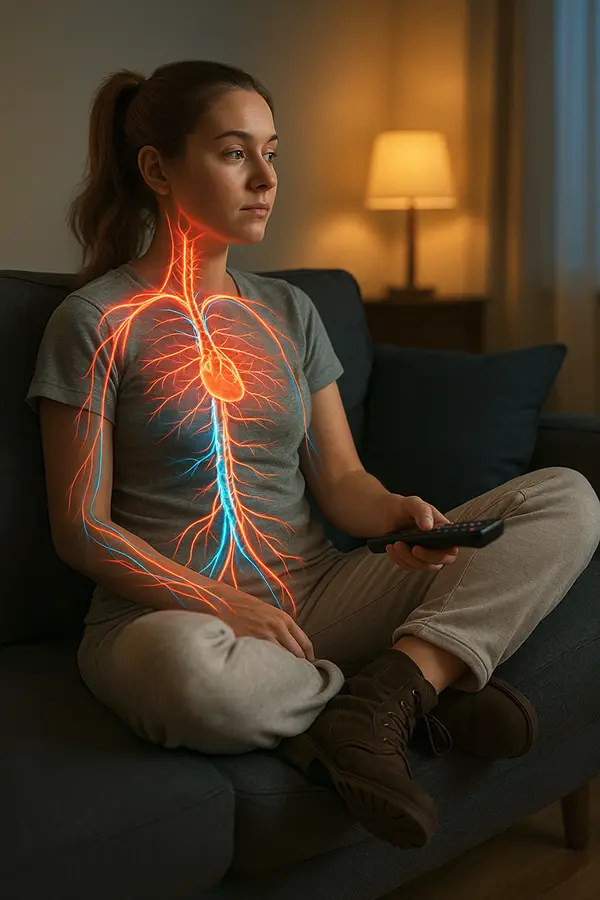
For sensitive folks or those with trauma, this is amplified. Your amygdala (fear center) lights up at “flaws,” triggering stress. But grounding can help techniques like deep breathing calm the system, reducing cortisol by 20% per some studies.
I felt this when I analyzed a minor argument with my partner. My heart raced, like I was in danger. It wasn’t the argument it was my brain seeing “imperfection” as a threat. Grounding helped me see it was just a normal bump.
How to Gently Shift Back to True Self-Awareness
Shifting from surveillance to awareness isn’t about stopping reflection it’s about making it kinder. Here are five ways to do it, with real examples:

1. Validate the Protective Intention
Your surveillance started as protection maybe to avoid criticism or feel in control. Acknowledge that: “My brain’s trying to keep me safe, but I don’t need this level of watch anymore.”
I did this in therapy. I said, “My self-criticism kept me ‘perfect’ as a kid, but now it’s hurting me.” It helped me let go without shame.
2. Practice Curiosity Instead of Judgment
Swap “Was that wrong?” with “I wonder why I felt that way?” Curiosity’s like a soft light, not a harsh spotlight.
I tried this after a bad day. Instead of “Why couldn’t I handle that better?” I asked, “What made me feel overwhelmed?” It turned self-attack into learning.
3. Schedule Breaks From Self-Reflection
Take “integration days” with no journaling or analysis. Just live. Let your brain rest.
I started “no think” Sundays, where I’d hike or bake without dissecting my moods. It was like giving my brain a vacation.
4. Anchor Nervous System Safety in Imperfection
Affirm, “I can be messy and still safe.” This helps your body learn imperfections aren’t threats.
I say this when I feel guilty for an “imperfect” reaction. It’s like a hug for my nervous system.
5. Limit Comparison Triggers
Unfollow accounts that push “perfect” growth. Surround yourself with real healing stories.
I unfollowed a bunch of influencers who made healing look effortless. Now my feed’s full of honest shares, and it’s way less triggering

Self-Surveillance in the LGBTQ+ Community
For folks in the LGBTQ+ community, self-surveillance can be even more intense. With pressures like discrimination or identity struggles, you might monitor your emotions to “fit in” or avoid judgment. A queer friend of mine said they always analyzed their reactions in social settings, worried about “seeming too much.” It wasn’t just perfectionism it was survival.
Finding affirming spaces, like LGBTQ+ therapy groups, can help. My friend joined one and started sharing without the constant watch. It was like a weight lifted. If you’re part of the community, seek out places where you can be yourself without fear it’s like a breath of fresh air for your brain. 😊

The Science Behind Self-Surveillance
Self-surveillance is like your brain’s fear center (amygdala) on overdrive, treating emotions as threats. This triggers cortisol, the stress hormone, keeping you anxious. Neuroscience shows chronic monitoring can shrink the hippocampus (memory center) while enlarging the amygdala, making you more reactive. A 2018 study in Nature Neuroscience found this imbalance in people with anxiety disorders.
Hormones play a role too. Low serotonin (mood regulator) can make you ruminate more, turning awareness into obsession. Perfectionism amps it up, activating the prefrontal cortex (planning area) in a loop of “fix it now.” But mindfulness can balance it, reducing amygdala activity by 25% per a 2015 study in Psychiatry Research.
From a psych perspective, self-surveillance often stems from attachment styles. If you have an anxious style, you might monitor to “stay perfect” and avoid abandonment. A 2019 study in Journal of Personality found that perfectionists report higher emotional fatigue from constant self-analysis. But self-compassion can shift this, increasing dopamine (feel-good hormone) and reducing cortisol, helping you see yourself with kindness, not criticism. It’s like rewiring your brain from judge to friend.
Here’s the data:
| Impact | Statistic | Source |
|---|---|---|
| Anxiety Reduction | 25% decrease with mindfulness | Psychiatry Research |
| Heart Disease Risk | 67% increase with chronic stress | Bradley University |
| Emotional Fatigue | Higher in perfectionists | Journal of Personality |
Your brain’s not the enemy it’s just stuck in a pattern. These steps can help you break free
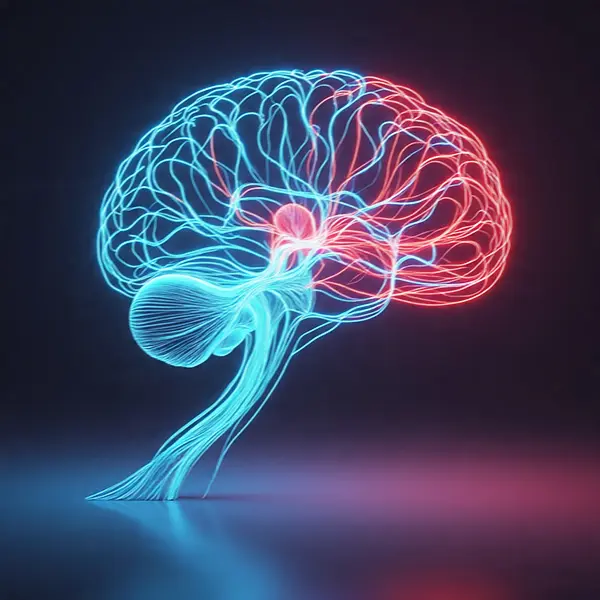
Other articles on this topic
How to Start Shifting Back to Gentle Self-Awareness
- Validate Your Protection: Say, “My brain’s just trying to keep me safe thanks, but I got this.”
- Swap Judgment for Curiosity: Ask, “I wonder why I felt that?” instead of “That was wrong.”
- Take Reflection Breaks: Spend a day without analyzing just be.
- Affirm Imperfection: Write, “I can be messy and still worthy.”
- Curate Your Influences: Unfollow perfection-pushers; follow real healing stories.
- Ground Your Body: Do the 5-4-3-2-1 exercise when you feel the watch kicking in.
- Celebrate Small Wins: Note times you noticed without judging.
Conclusion
Self-awareness turning into self-surveillance is like a friend who overstays their welcome helpful at first, but draining over time. That constant monitoring isn’t growth; it’s a trap that keeps you anxious and exhausted. But you can shift back to a gentler way, where noticing your feelings feels like curiosity, not criticism.

You’re not broken for struggling with this you’re human, and humans are messy. So, tonight, try one thing. Notice a feeling without analyzing it. Let it be. You’ve got the power to make self-awareness a friend again. 😊
Related resources
- Psychology Today: Self-Awareness vs Self-Surveillance
- Verywell Mind: Self-Awareness vs Self-Surveillance
- Nature Reviews Neuroscience – Stress and Resilience (Focus Collection)
This collection reviews how chronic stress affects neural circuits involved in anxiety and lays a foundation for interventions targeting stress-related disorders. It explores changes across brain structures and circuitry that underpin both vulnerability and resilience to stress. - Psychiatry Research – Mindfulness Meditation and Amygdala Connectivity
Don’t miss related articles
- The Quiet Burnout of Constant Emotional Processing
- The Anxiety of Changing Career Paths
- The Fear of Setting Boundaries
- The Subtle Exhaustion of Always Being ‘The Strong One’

Mental Wellness Test
Where Does Your Mind Need the Most Support?
Discover your emotional health in under 4 minutes.
Find out if what you’re feeling is:
burnout, anxiety,trauma
or just too many open tabs in your brain.
No pressure – Just clarity
✨ Last updated on 16.08.2025
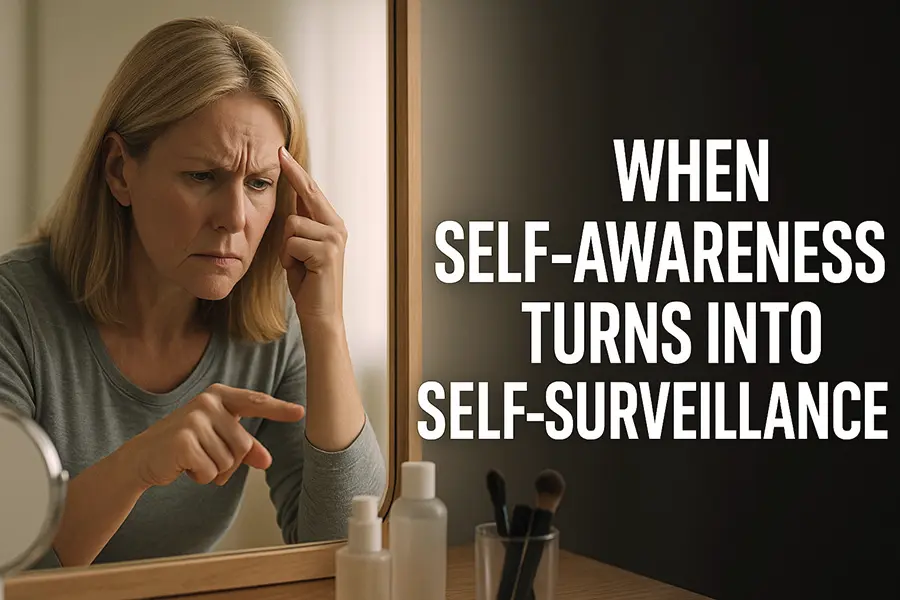
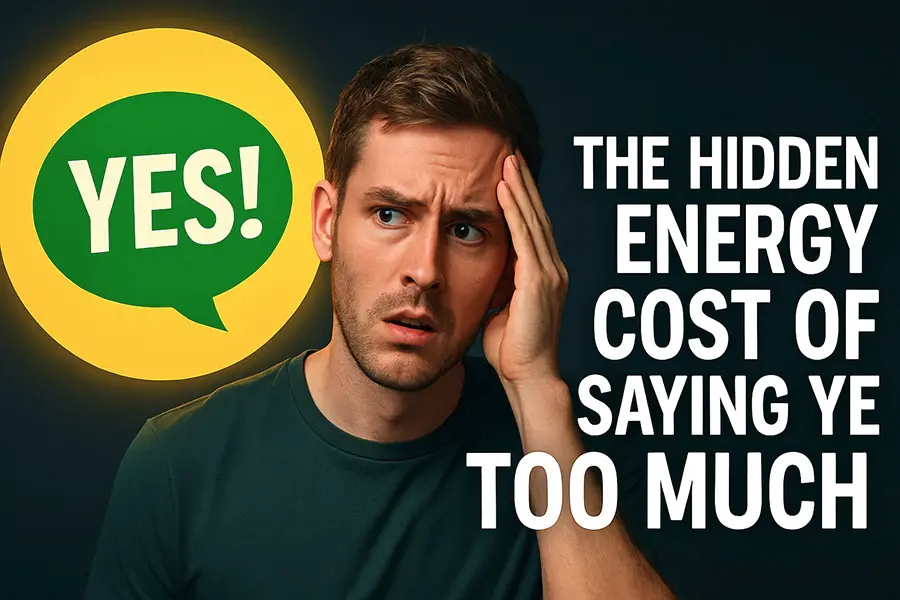
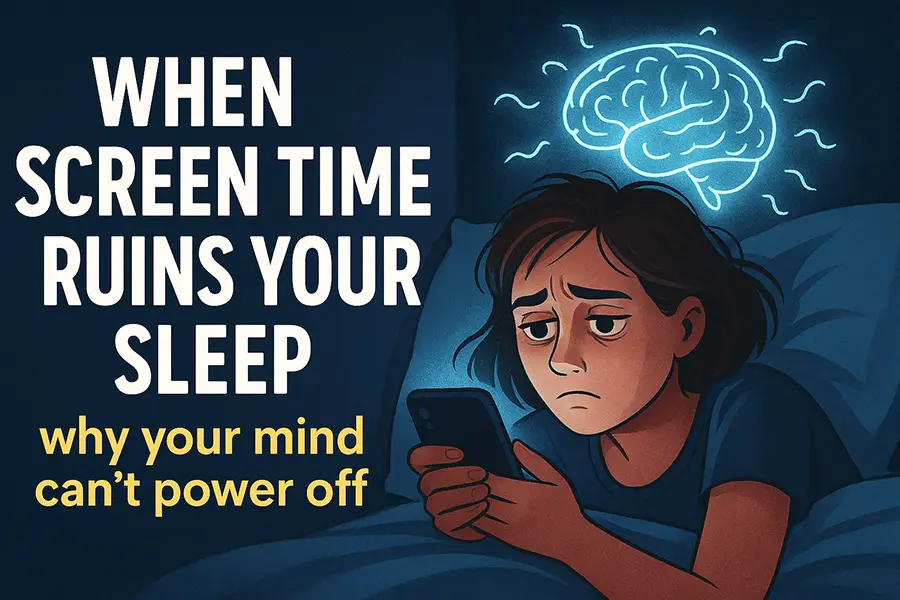

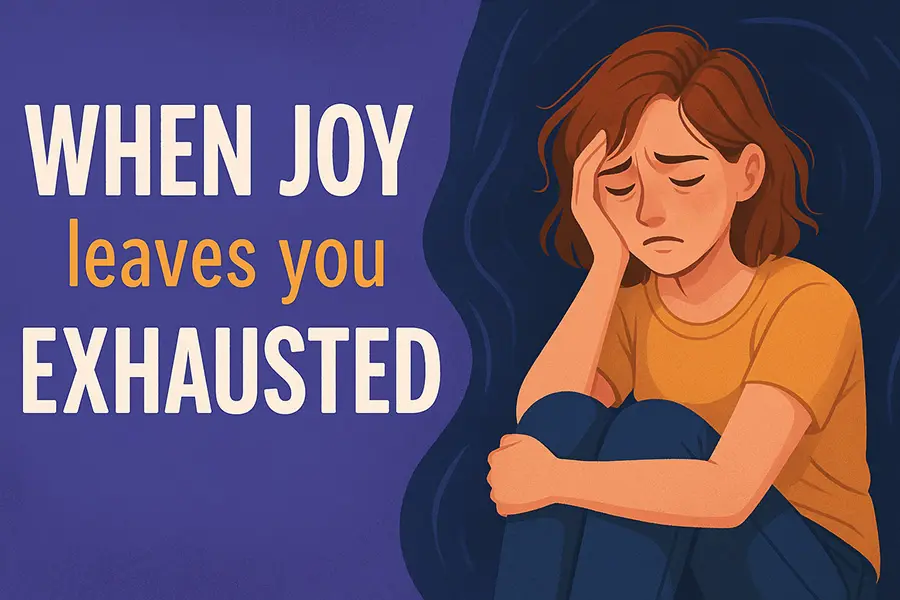
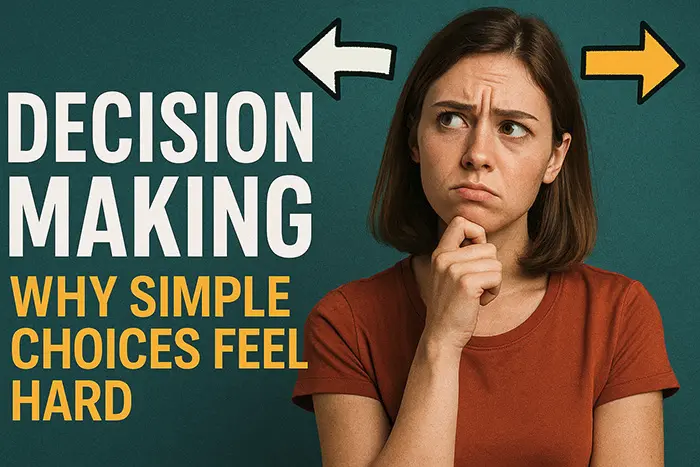
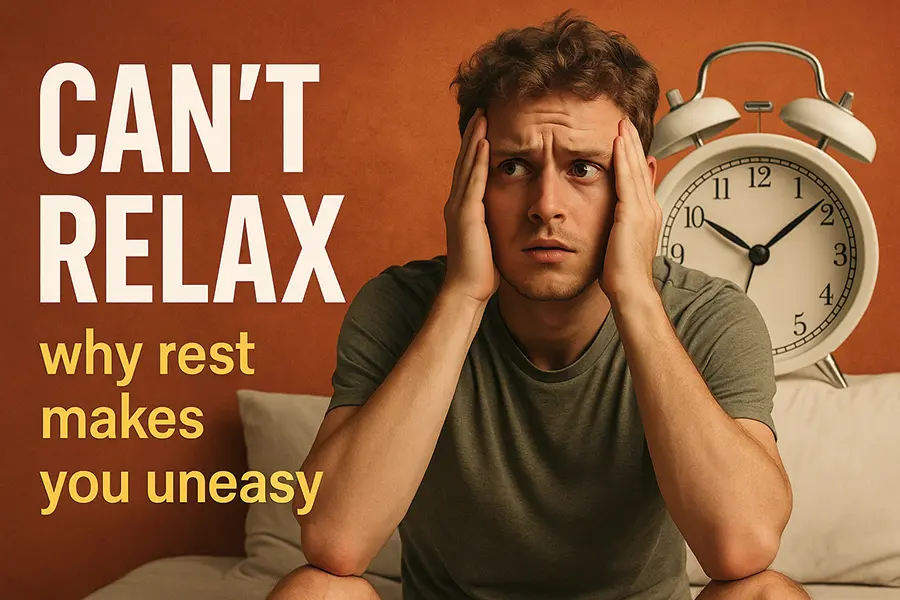
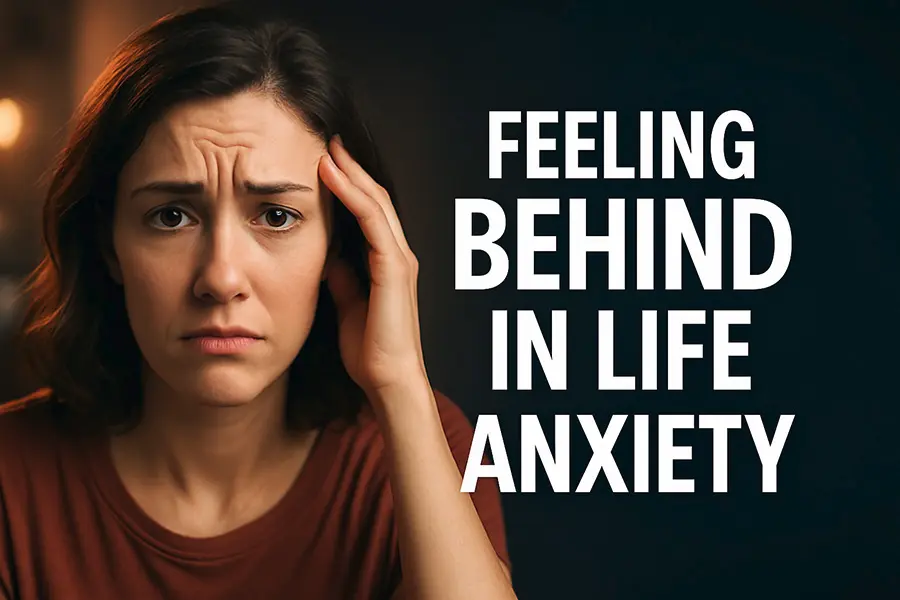
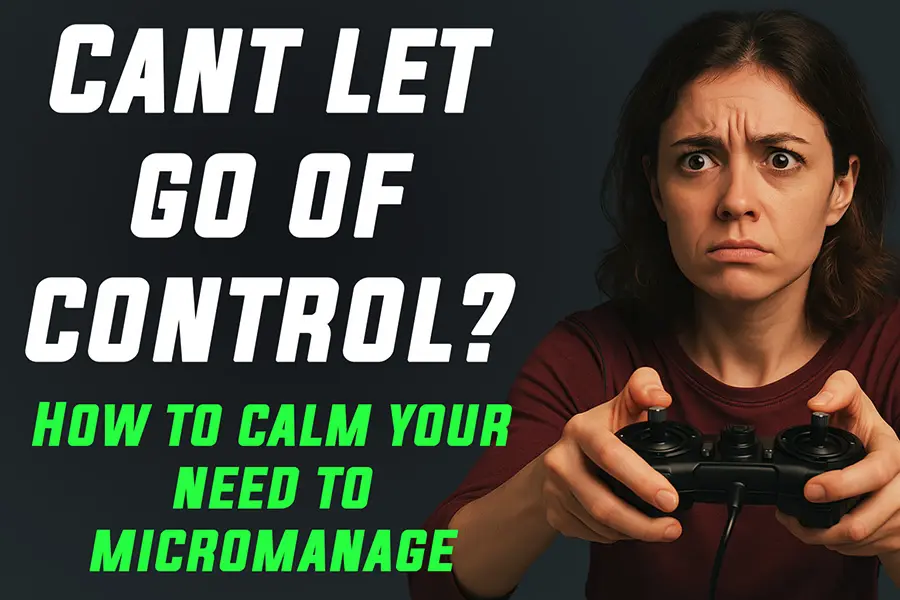
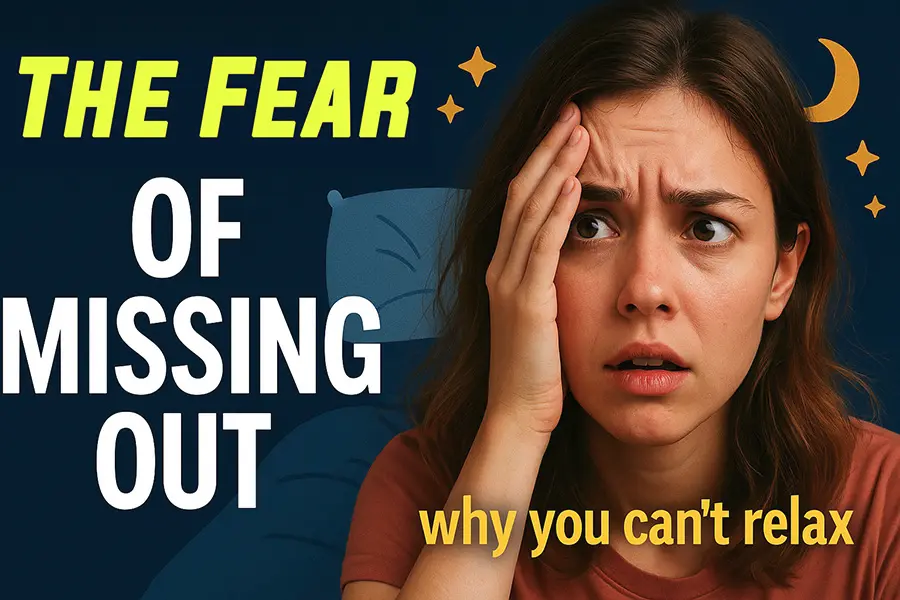
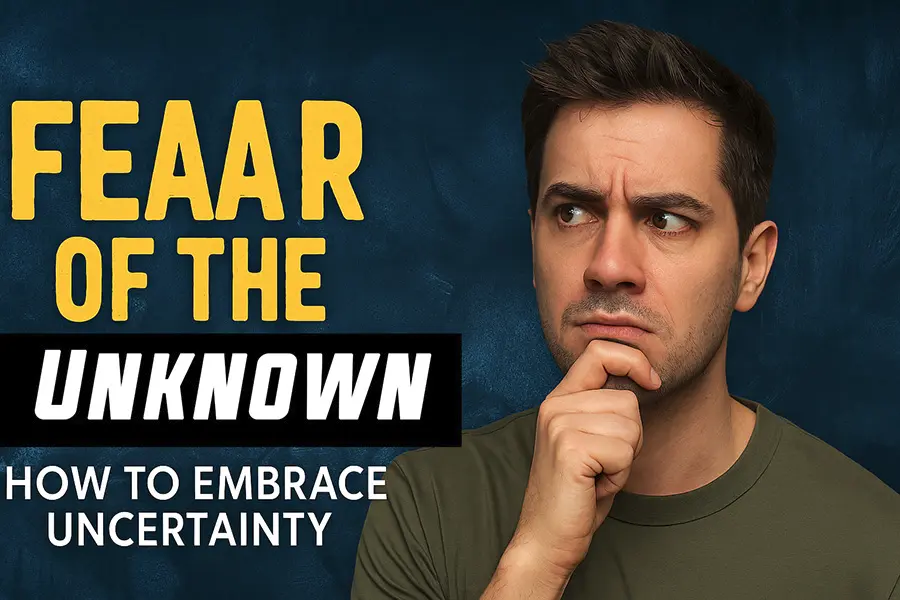
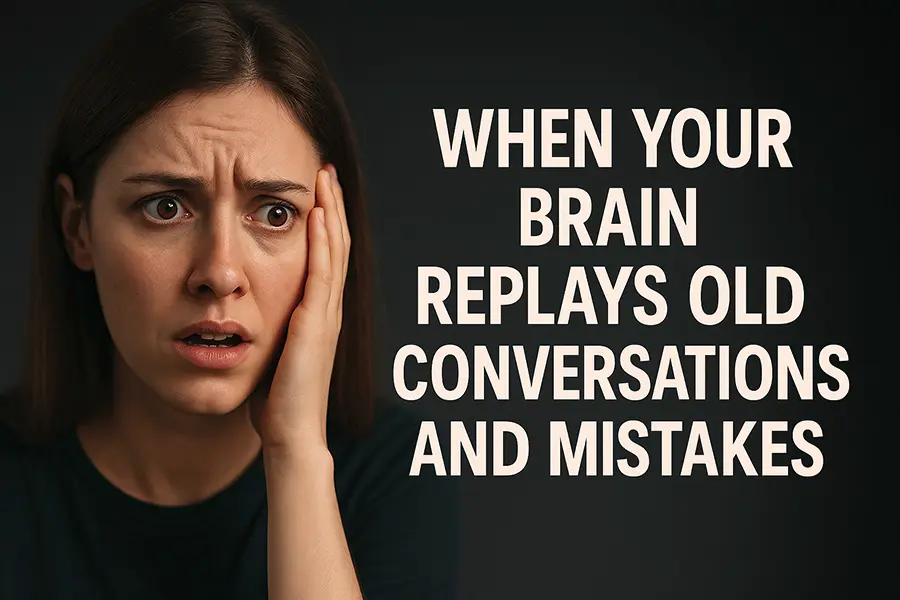
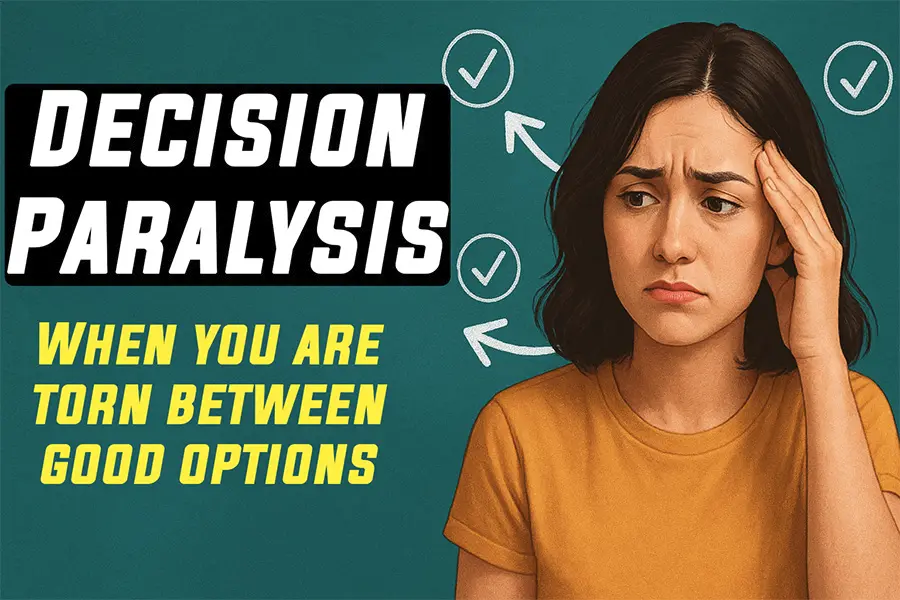










Leave a Reply